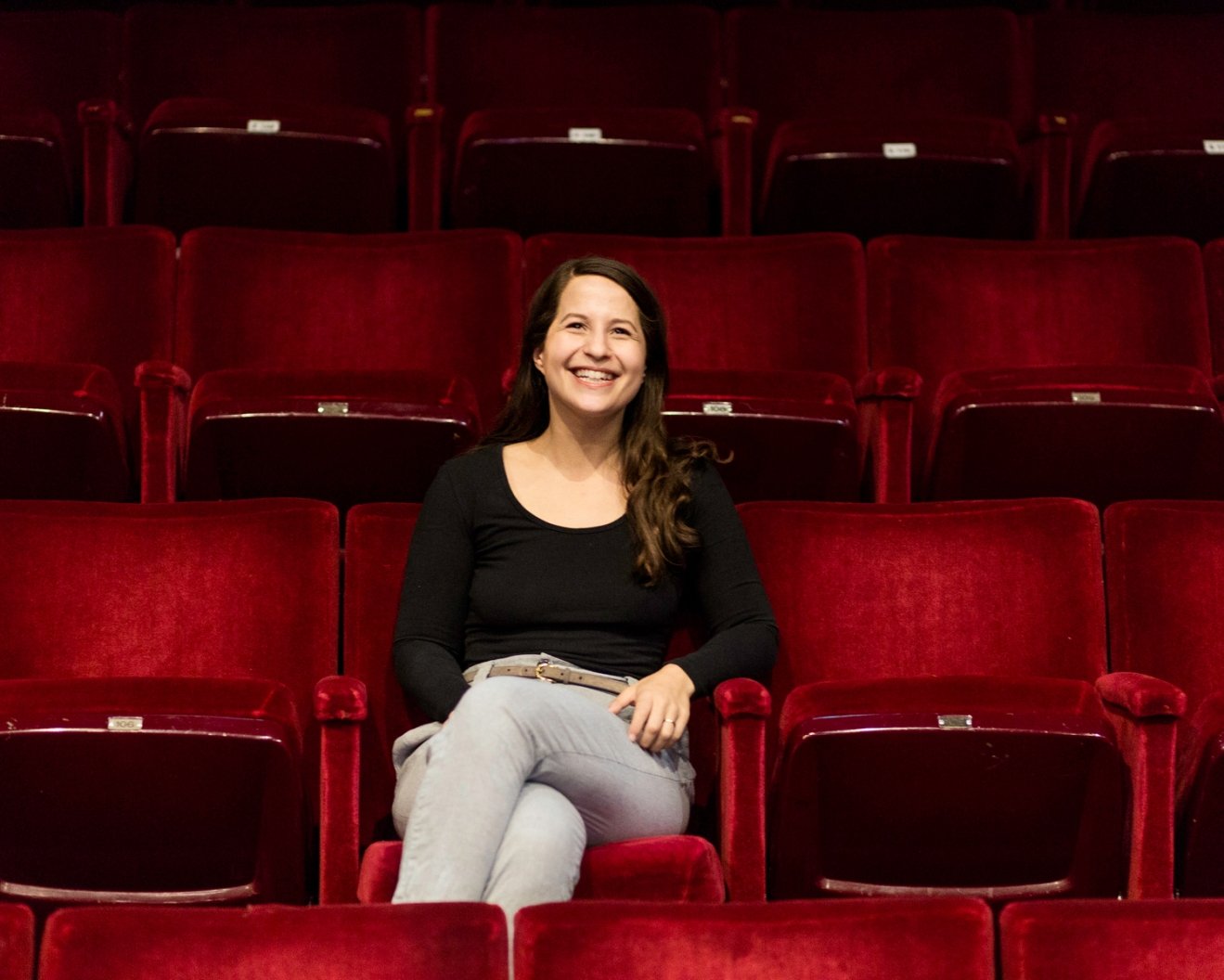Ramayan at the Met
JA: Of course, but fear is still really tied to circus. Even the best acting moments…you could have Meryl Streep stabbing Al Pacino on stage, and at the end of the day, you know it’s all fake. With circus, if you mess up, the danger is real…And that’s what makes fear such a fun thing to play with. Our performers totally know what they’re doing, but maybe to the audience there is a question of whether or not they’re in control of what they’re doing.
(Full Conversation)
AC: …That is one of the wonderful things that tap dance has given me: it teaches you to recognize your individuality from the get-go. In improvisation, you cannot be anybody else. If you aren’t being yourself, you aren’t being authentic, you aren’t being interesting, you aren’t honoring the dance that you’re doing, you aren’t honoring the art form and most importantly, you aren’t honoring yourself because we all have our own unique and wonderful point of view. If you’re paying attention, you learn very quickly to start honing some authenticity.

ST: How you act and the energy you put out does matter. We’re not powerless. A thought I had in the wake of one of the unfortunately fill-in -the-blank terrible days we’ve had this year, was that: we’re not powerless, we can’t give into the myth that we’re powerless. We can love each other and put out a loving, joyful energy and that doesn’t count for nothing. It counts for a lot. We can’t let anyone take that away from us.”
(Full Conversation)



Nabiyah: I also think there’s something unique about retelling myths and tales, which is the aspect of dissecting archetypes. Because you can dissect an archetype as it is outside of yourself and in the external world, but you can also use it to dissect aspects of your psyche and learn so much about yourself, and therefore learn about other people and be more compassionate and be a little more understanding. So I think there’s something special about the classics.





“I rarely have just one idea. I often have a few things knocking around, and it’s kind of like molecules, and they start bumping into each other and I start to learn a lot from how those bumps happen….In some ways those molecules have been knocking about since I was a teenager, since they’re in me. But when I sat down to actually start writing this thing, I knew I wanted it to be about a group of people who tell stories. That was an early conceit. And they’re going to tell stories that gloss over some of the things they’d rather forget, but the stories are also their way of coping with the things they’d rather forget. ”
~Quiara Alegría Hudes (Full Interview)


“I think my interest in the American musical theatre is in shows that can do all of those things: they move you and they entertain you. And to be entertained, that’s a human need, the idea of diverting oneself to see something, that’s part of what we need as human beings. We also have a need to learn. We also have a human need for spectacle, which to me is defined by seeing something larger than yourself. Why do we go to a mountaintop and look at the horizon or go to an ocean? Because it’s spectacle, and you feel awe in the presence of something larger than yourself. The human need for ritual, that’s also why I love theatre. We move through something as a group. I love to do theatre that tries to drive on a lot of those cylinders. It would be great if it could be entertainment, be spectacle, be ritual, and also make us feel and think and teach us something.”
~Diane Paulus
(Full Interview)


“I don’t feel like I’ve ever really been an ingénue. I think of ingénue as not the leading lady, and even when I was younger I was more in the leading lady part—I was always old. But there’s not really a male counterpart to that, is there?”
~Rebecca Luker (Full Interview)